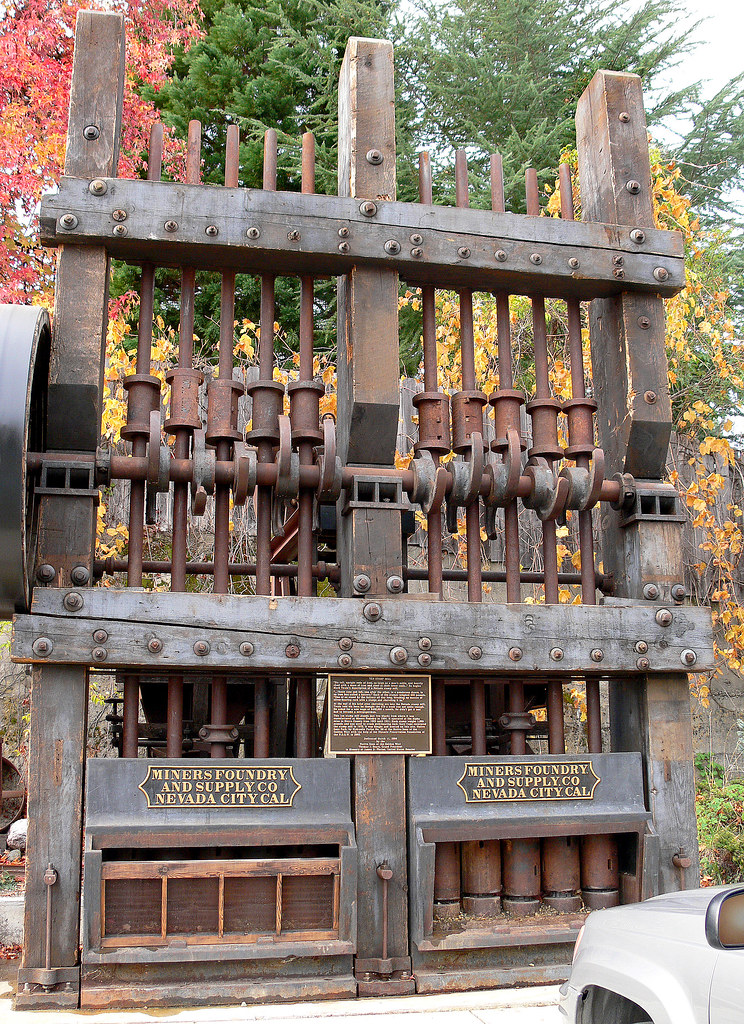In California, a Partition action is used to resolve disputes between property owners, and results in sale of the property or physical division. The most common result is a judicial sale of the property, made by a referee appointed by and accountable to the court. The referee is typically a licensed real estate broker. In a recent decision out of Nevada County, after the sale one of the co-owners sued the broker. The Court sided with the broker, finding that he was entitled to qualified judicial immunity. 
In Holt v. Brock, (85 Cal. App. 5th 611 (2022), reh’g denied (Dec. 13, 2022), review denied (Mar. 15, 2023)) a brother and sister could not agree on what to do with an inherited house, so one filed for partition. Brock was appointed and the court ordered the parties to sign a listing agreement, the property to be sold “as is” with a listing price of at least $882,500, the actual listing price to be determined by the broker’s assessment of current market value.
The plaintiff offered to buy the property for $1 million if the broker reduced his commission to 3%. There is some dispute as to what happened, but after agreeing the broker decided he would not change the listing agreement. The house sold to the highest bidder for less than $1 million, and the plaintiff sued the broker. 
The court first addressed immunity. Judicial immunity bars civil actions against judges for acts they perform in the exercise of their judicial functions. The immunity applies to all judicial determinations, “including those rendered in excess of the judge’s jurisdiction, no matter how erroneous or even malicious or corrupt they may be,” except when the judge acts in the clear absence of all jurisdiction.
Quasi-judicial immunity extends judicial immunity “to persons other than judges if those persons act in a judicial or quasi-judicial capacity.” Quasi-judicial immunity exists for at least three classes of persons who are not judges. Discussion of all three is set out at the end of this post.
The broker in this case was in the third class – persons appointed by the courts for their expertise. Appointment alone is not enough – “the ‘touchstone’ for the doctrine’s applicability has been ‘performance of the of the function of resolving disputes between parties, or of authoritatively adjudicating private rights.” 
When determining whether a person is acting in a judicial or quasi-judicial capacity, courts look at the nature of the duty performed to determine whether the act is a judicial act, not the name or classification of the person who performed it.
Here, the broker did not merely engage in a commercial transaction. He was ordered by the court to market the property as part of a partition action. And to effectuate the partition, the court gave Brock limited discretionary authority to resolve a key dispute between the sellers, the very disagreement that likely led to the partition action—the property’s value. Under the court’s original listing order, the actual listing price was to be determined by Brock’s assessment of current market value. His determination of the property’s listing price and value should not be clouded by the possibility of legal action by one of the property owners contending the price is too low—which is what this action is. The court found he had immunity. 
From the decision, the Three Classes for Quasi-judicial immunity:
A first class of persons entitled to quasi-judicial immunity includes persons who perform functions normally performed by a judge, or who act in a judicial or quasi-judicial capacity. Such persons include court commissioners acting as temporary judges or performing subordinate judicial duties ordered by the court, administrative hearing officers, arbitrators, organizations sponsoring an arbitrator, referees, prosecutors, and officials of the State Bar and the Committee of Bar Examiners.
This class also includes public officials who are connected with the judicial process through investigating crimes and instituting criminal proceedings. These persons include law enforcement officers, prosecutors, grand jurors, a building inspector charged with investigating an alleged violation of a building ordinance, a deputy fire marshal charged with investigating fires, and an assistant city engineer whose duties include the investigation of particular crimes.
A second class of persons entitled to quasi-judicial immunity includes persons who function apart from the courts but are engaged in neutral dispute resolution. In addition to arbitrators and referees, such persons include persons conducting less-traditional alternative dispute resolution procedures such as volunteers working with a court through a local bar association who conduct voluntary settlement conferences, and party-selected mediators and “neutral fact-finders.” These alternative methods of dispute resolution have become critical to the proper functioning of increasingly congested trial courts.
That neutral dispute resolution providers are retained privately and have duties to their clients does not preclude quasi-judicial immunity from protecting them. Rather, immunity is appropriate because these persons do not advocate for their clients. “The job of third parties such as mediators, conciliators and evaluators involves impartiality and neutrality, as does that of a judge, commissioner or referee; hence, there should be entitlement to the same immunity given others who function as neutrals in an attempt to resolve disputes.”
A third class of persons entitled to quasi-judicial immunity includes persons connected to the judicial process who are not public officials, arbitrators, or referees but who serve functions integral to the judicial process and act as arms of the court. This class includes (1) persons appointed by the courts for their expertise, such as mediators, guardians ad litem, therapists, receivers, Probate Code court investigators, custody evaluators, and bankruptcy trustees; and (2) persons not appointed by the courts but whose work product comes into the judicial process to be used by the courts, such as probation officers who prepare presentencing reports and social workers and psychiatrists involved in terminating parental rights.
Without immunity, these persons “will be reluctant to accept court appointments or provide work product for the court’s use. Additionally, the threat of civil liability may affect the manner in which they perform their jobs.
Photos:
flickr.com/photos/chodhound/53687169666/sizes/l/
flickr.com/photos/chodhound/53687616720/sizes/l/
flickr.com/photos/54081800@N07/45191158675/sizes/c/
flickr.com/photos/jim-sf/2555331861/sizes/l/
 California Real Estate Lawyers Blog
California Real Estate Lawyers Blog

